Chin Acne: Complete Guide To Causes, Treatments And Prevention
Get rid of those red bumps on your chin with the most potent natural ingredients.
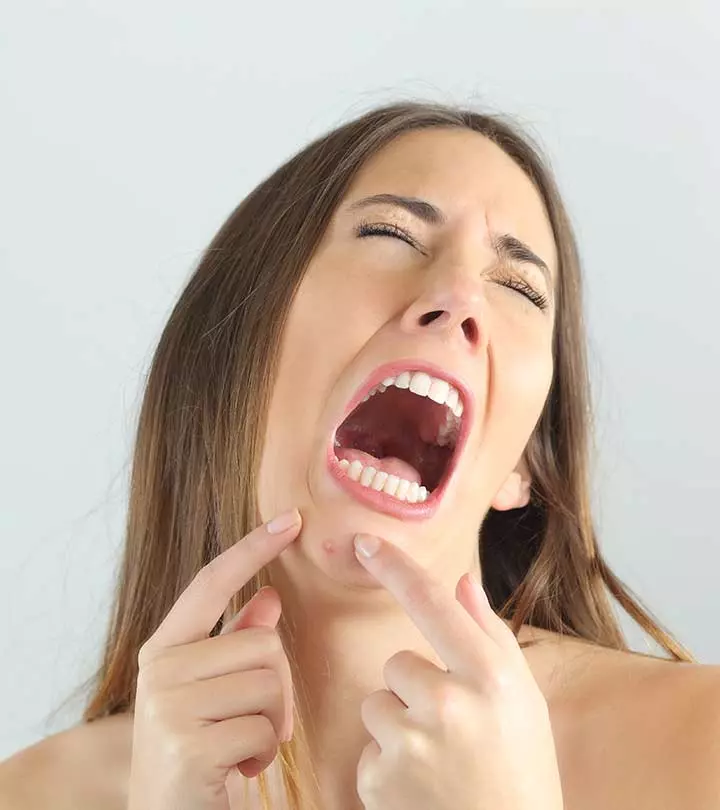
Image: Shutterstock
Acne or acne vulgaris affects around 50 million Americans annually, and 85% of them (between the ages of 12 and 24) develop minor acne (1). Though you can break out on any part of your face, chin acne and breakouts along the jawline are common. And it is associated with your hormone levels (2). In order to treat this issue properly, you need to know what causes chin acne in the first place. Learning its causes and treatment options can aid skin health and boost your confidence.

This article explores the causes of acne or pimples on your chin, how to treat them, skincare, and the right diet and nutrition tips. Scroll down to learn more about how to get rid of chin acne.
In This Article
What Does Acne (Or Pimple) On Your Chin Mean?
If you are aware of the acne face map, you know that the distribution of acne lesionsi An abnormal structural change in tissue inside or outside the body caused by damage or trauma that may be benign or malignant. is regulated by several factors, depending on where you get them. Usually, acne on your chin and jawline is related to your hormone levels (2).
The endocrine system is responsible for producing hormones. When it produces excess of androgens (a group of hormones), the sebaceous glands become overactive, which causes hormonal acne or acne breakouts.
Also, during your menstrual cycle, the hormone production in your body increases. Your hormone levels also go haywire when you take progestin-only birth control pills.
A pimple or acne on the chin is very common, especially on acne-prone skin. However, not all pimples on the chin turn into cystic acnei An inflammatory condition that causes painful pus-filled pimples to form deep under the skin. , which is a severe kind of acne.
You get pimples when the dead skin cells, sebum, and dirt clog your pores. Often, bacteria get trapped in the pores, causing inflammation and redness. When the amount of inflammation and the number of bacteria increases, a smaller acne lesion may become cystic acne on the chin.
Several factors may cause hormonal fluctuations in your body, leading to chin acne.
Key Takeaways
- Hormonal changes, improper hygiene, stress, and certain skin products may cause pimples to appear on the chin.
- Maintaining good hygiene, reducing stress, and using gentle skincare products can help prevent this.
- Products with salicylic acid and benzoyl peroxide work well for chin pimples.
- Honey, turmeric and tea tree oil also help reduce pimples.
- It is advisable to consult a doctor if the pimples worsen or persist.
What Are The Causes Of Chin Acne?
Chin acne is a prevalent skin condition characterized by the appearance of acne lesions on the chin area. It is commonly caused by a combination of factors, including inflammation, excess oil production, the buildup of dead skin cells, the presence of bacteria, hormonal changes, genetic predisposition, and increased levels of stress.
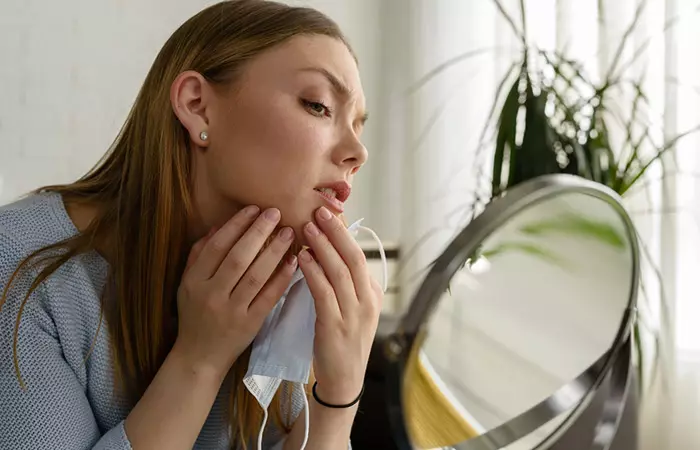
1. Contraceptive Pills
Birth control pills can help in treating acne. The hormones present in the pills decrease the androgen levels in your body, which, in turn, reduce sebum production and control acne.
However, once you stop taking the pills, your androgen levels spike up, and this causes excess sebum production.
A study done on 336,738 participants comprising female patients aged between 12 and 40 years shows that contraceptive implants may cause acne. Of the contraceptives used, the hazard ratio was 1.14 for copper IUD, 1.09 for levonorgestrel IUD, 0.83 for etonogestrel implant, and 0.70 for DMPA injection.
If you have stopped taking the pill recently and experienced a few breakouts, you know who the culprit is.
2. Psychological Stress
Are you stressed? If yes, you are at risk of developing stress acne. Stress increases sebum production and exacerbates acne (3). Sleep deprivation can also increase psychological stress and insulin resistance (4). Both these factors can cause acne.
Try to bring your stress levels down. Practice meditation, exercise, or indulge in an activity that interests you. Also, improve your sleep quality if you are sleeping for less than 5 hours every day. This may help control your acne.
 Quick Tip
Quick Tip3. Menstruation
You may notice pimples popping up on your chin just two weeks before your periods are due. This is when the production of estrogen and progesterone increases (to prepare the uterus for pregnancy). The increased hormone levels in your body stimulate the sebaceous glands and cause excess oil production.
However, not all bumps that you get on your chin are acne. Sometimes, you may develop multiple small pus-filled bumps on your face and chin. These look red, just like pimples, but they could be due to rosaceai An inflammatory condition that causes small, red, pus-filled bumps on the nose, cheeks, and forehead generally. . This is often accompanied by reddening of the skin around the lesions.
If you are sure that it is acne and want to get rid of it, you can try a few treatment options. But, remember, not all treatment methods work for everyone. If you have mild acne, these treatment methods will help reduce their appearance. However, if you have severe acne, it is better to consult a dermatologist.
These are the various chin acne causes you should be aware of. Now that you know them, read on to find out how to treat the condition.
Common Types Of Chin Acne And Their Characteristics
1. Fungal Acne
Also referred to as Pityrosporum folliculitis, this type of acne occurs due to an accumulation of yeast in the hair follicles. It is accompanied by inflammation and intense itching.
2. Hormonal Acne
This is the most common type of chin acne and is a result of excess sebum production in the skin and hormonal imbalance.
3. Cystic Acne
This is characterized by the growth of pus-filled nodules deep beneath the skin’s surface, resulting in inflammation of the epidermis (skin’s outermost layer).
3. Nodular Acne
This inflammatory acne appears as a hard, inflamed, painful lump under the skin’s surface. The nodules, unlike other acne types, do not form a pus-filled head.
So far we have covered causes and types of chin acne, now let’s read on to find out how to treat this common condition.
Treatment For Chin Acne
1. How To Get Rid Of Chin Acne Or Chin Pimple At Home
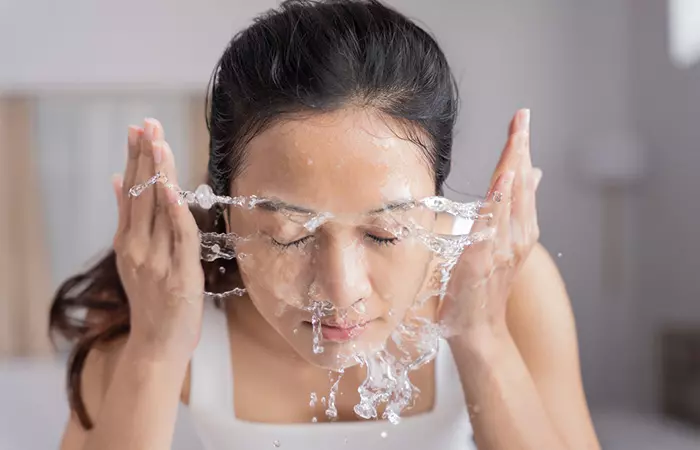
- Wash Your Face With A Mild Cleanser
The trick to knowing how to get clear skin devoid of any pimples or acne is by adding a deep cleansing step in your daily skincare routine. Go for soap-free cleansers and ones containing ingredients like benzoyl peroxide, salicylic acid, and glycolic acid. These ingredients help break down dead skin cells and dissolve excess sebum from your face without affecting the pH balance of your skin (5). It is one of the best ways to get rid of pimples on the chin.
- Apply Ice On the Area
Wrap ice cubes in a cloth and apply it to the pimples on the chin for a few minutes (not more than 5 minutes). This helps reduce inflammation, pain, and redness. Also, remember not to apply too much pressure.
 Quick Tip
Quick Tip- Try Over-The-Counter Products
OTC products, such as creams containing benzoyl peroxide (2.5-10%), help reduce inflammation and redness (6).
Avoid touching or popping acne because it will only intensify the infection. If your acne is stubborn and doesn’t seem to budge, you will need to consult a dermatologist. They may recommend the following treatment options to reduce inflammation and pain.
2. Additional Treatment Methods To Try
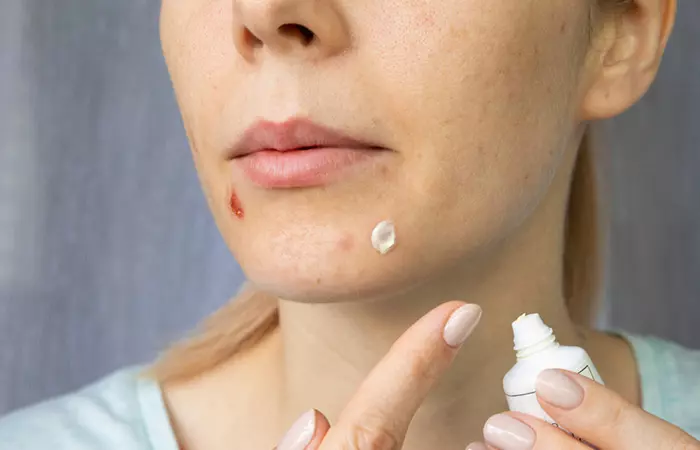
- Topical Ointments
The dermatologist may prescribe topical creams and ointments containing salicylic acid, retinoidsi A class of chemical compounds derived from vitamin A that are used in cosmetics to reduce the signs of aging. , and benzoyl peroxide and oral antibiotics. These ointments clear the bacteria, reduce excess oil production, and open up clogged pores.
A blogger shared her experience with hormonal acne that affected her chin. She says “With the combined antibiotics and topical cream, along with my new zero coffee rule, my acne slowly but surely disappeared. I still had scarring but, for the first time in literal years, I didn’t have any active acne. No cysts, no blackheads, nothing (i).”
- Accutane
If you have severe acne, the doctor may also prescribe Accutane or Isotretinoin (7). However, they will prescribe this option only if all other pimple treatment methods fail.
- Chemical Peels
Chemical peels often help to reduce the appearance of acne, pimples, and acne scars (8). They are usually performed by a doctor or a qualified skin care specialist.
- Laser And Light Therapy
LED light therapy is one of the most popular non-invasive treatment options for acne (9). It helps to kill the acne-causing bacteria and reduce inflammation. The FDA has approved using blue light treatments for mild to moderate acne. Laser therapy may also help treat blackheads on the chin and other facial areas.
- Surgical Extraction
If the cyst or nodulei A growth of a small abnormal mass of round or irregular shape that generally develops under the skin. is large and painful, you may need to undergo surgical extraction. A doctor performs this procedure in clinical settings.
Some believe the use of essential oils, like tea tree oil, may help reduce acne in general. However, more research is needed in this regard.
You also need to develop good skin care habits to prevent chin acne or chin pimple. Here are a few tips you need to follow.
How To Prevent Chin Acne Or Pimples: Essential Skin Care Tips
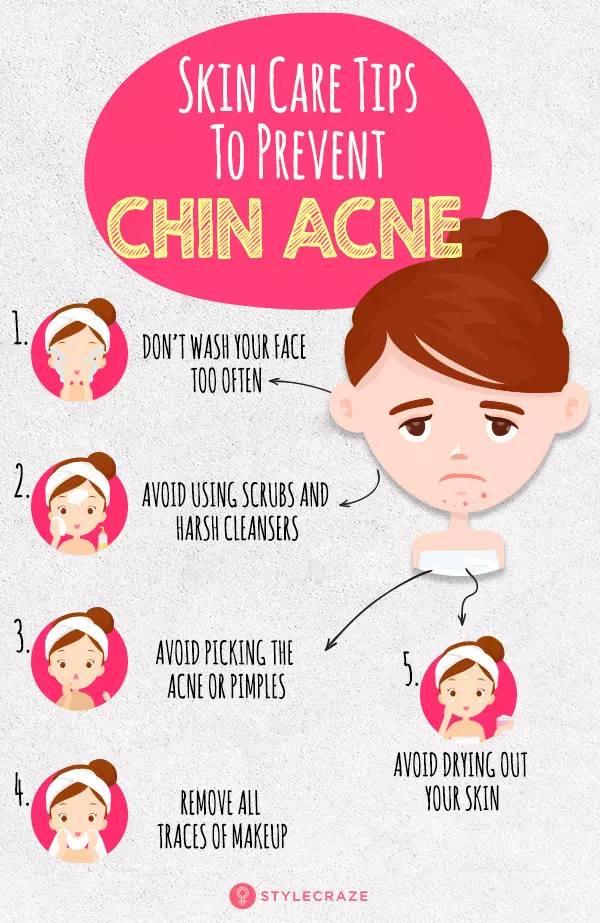
If you are wondering how to prevent acne anywhere on your skin, you need to follow certain basic skin care tips, such as:
1. Don’t Wash Your Face Too Often
Washing your face twice a day with a mild cleanser is fine. Too much washing and cleansing can leave you with irritated skin and worsen acne.
2. Avoid Using Scrubs and Harsh Cleansers
Avoid scrubbing too much as it can cause flare-ups and worsen your condition.
3. Avoid Picking the Acne or Pimple
This will aggravate skin irritation and inflammation and may even cause post-acne blemishes
or scarring.
4. Avoid Drying Out Your Skin
Excessive oil production is an issue, but dryness can also aggravate acne. If you are using alcohol-based cleansers and astringent lotions and toners, don’t forget to moisturize your skin, especially if you have sensitive skin.
5. Remove All Trace Of Makeup
You shouldn’t use makeup if you have acne. If you are applying makeup, try using non-comedogenici A term used for cosmetic ingredients or skin care products that are formulated to not clog the pores. products. Make sure to remove all traces of makeup before you go to sleep.
Maintaining a consistent skincare routine may help prevent chin acne. Committing to these habits helps promote healthier skin, minimizing acne flare-ups over time.
It is not only physical, psychological, and skincare-related factors that contribute to acne, but your lifestyle and dietary habits also have a lot to do with your breakouts.
Can Changing Your Diet Help Control Chin Acne?
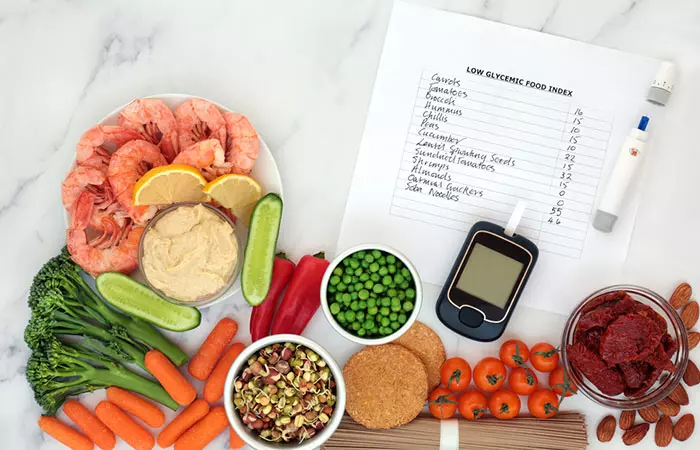
Though there are no studies to prove that diet causes acne, there are many reasons to believe that it can influence acne (10).
During puberty, your body produces a hormone called the Insulin-like Growth Factor-1 or IGF-1. As per a study, IGF-1 stimulates the sebaceous glands, causing excess sebum production and acne (11). Several foods also increase the levels of IGF-1 in your body.
According to a study, foods that are most likely to increase IGF-1 in your body are:
- Dairy products
- Food with high Glycemic Index (GI) and Glycemic Load (GL) (12).
Usually, processed foods tend to have high GI and GL levels. The American Diabetes Association suggests a list of foods with a high GI (13):
- White bread or bagel
- White rice and other rice items, such as rice-based pasta
- Pumpkin
- Corn flakes
- Puffed rice
- Instant oatmeal and other instant cereals
- Pretzels, snack items such as rice cakes and popcorn
- A few fruits and veggies such as pineapple, melons, potatoes, and pumpkin
- Dairy products such as ice cream, milk, yogurt, and cheese
- Sugary foods
According to the American Academy of Dermatology Association, avoiding foods with high GI is one of the best ways to prevent acne and pimples (14).
On the other hand, several foods with low GI can help improve acne. They include:
- Soybeans and soy products
- Foods rich in vitamin A, which include green leafy veggies like spinach and kale
- Green leafy veggies, such as spinach and kale
- Pastured eggs
- Foods rich in zinc, including fish like salmon, sardines, and mackerel
- Fish, such as salmon, sardines, and mackerel
- Flax seeds and mustard seeds
- Wild rice
- Nuts, such as almonds and walnuts
- Navy beans
- Beef (grass-fed)
Also, avoid switching to new products and trying out new treatments frequently because they will irritate your skin. If you are undergoing acne treatment or have started following a regimen, give it at least a month to work.
Infographic: Effective Ways To Treat Chin Acne
Acne is bothersome, annoying, and painful. It makes your life difficult and affects your day-to-day activities as well. Fortunately, there are some treatments that can help you reduce and treat the appearance of those painful pimples on the chin. These treatments can be performed at home, or you can get a professional opinion before approaching other methods. Check out the infographic below to know more.

Illustration: StyleCraze Design Team
When treating chin acne, always stick to the treatment plan for at least a few months. You must be patient and let the treatment or skin care regimen for at least a month. Switching skincare products frequently and trying new treatments and remedies can irritate the skin and aggravate chin acne.
You may follow the tips discussed in the article and maintain a healthy lifestyle. Consult a doctor to understand the underlying causes of chin acne and use the prescribed medications. This will help you manage the breakouts effectively and prevent flare-ups.
Frequently Asked Questions
Is chin acne a sign of pregnancy?
Pregnant women may develop chin acne during the first trimester due to increased hormone levels. However, developing chin acne doesn’t mean you are pregnant!
Does drinking water help chin acne?
Yes, increased water intake helps reduce breakouts as water flushes toxins out which may improve the hydration of your skin and regulate sebum production. This may help in reducing acne (15), (16).
Does coffee cause chin acne?
Yes, studies suggest that caffeine may increase cortisol levels (stress hormone) which may result in the development of chin acne(17), (18). Additionally, heavily sweetened and milk-laden coffee might also exacerbate acne.
Do probiotics help treat acne?
Some research suggests that probiotics can help treat acne and the associated inflammation. However, further research is warranted in this regard (19).
Illustration: 13 Amazing Benefits Of Triphala, How To Use, And Side Effects
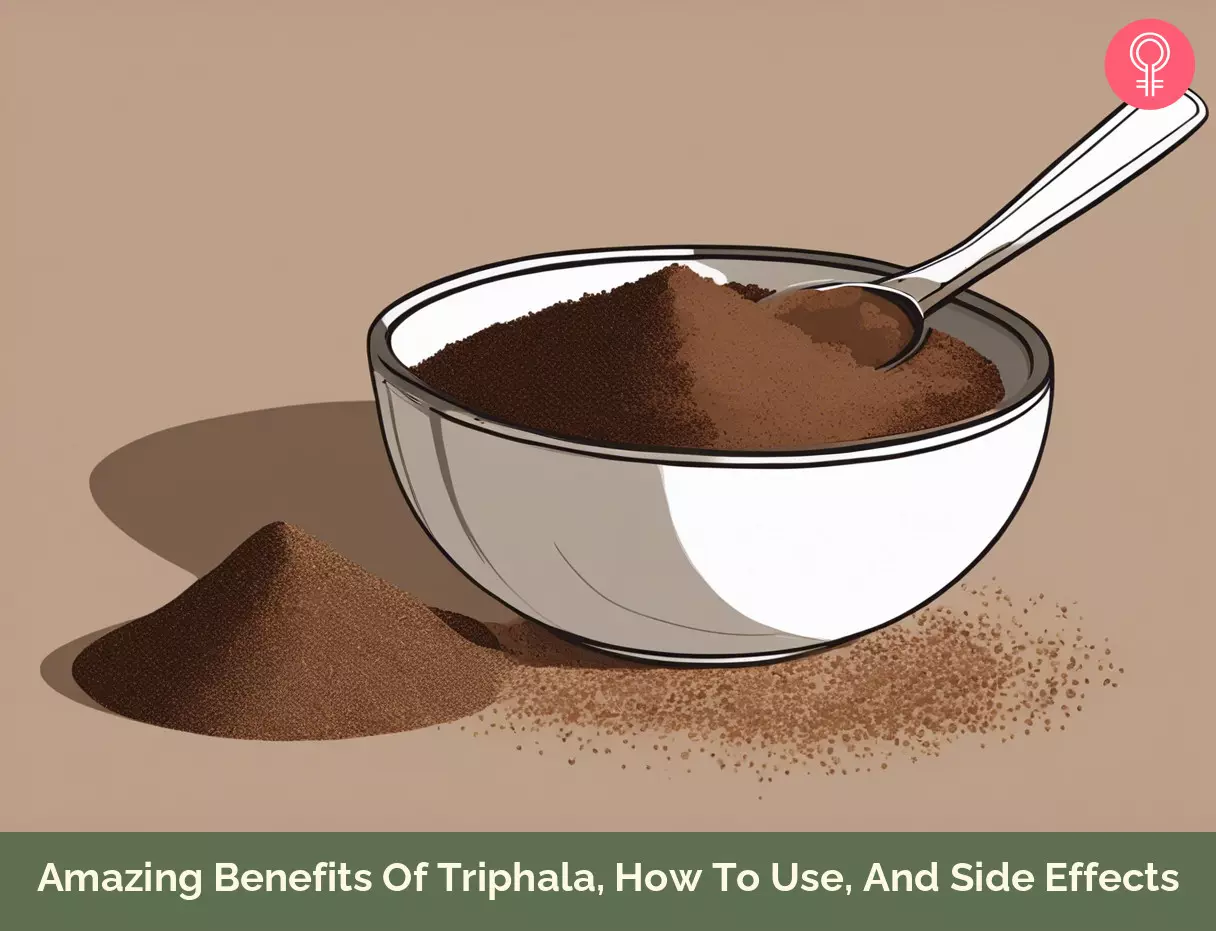
Image: Stable Diffusion/StyleCraze Design Team
References
Articles on StyleCraze are backed by verified information from peer-reviewed and academic research papers, reputed organizations, research institutions, and medical associations to ensure accuracy and relevance. Read our editorial policy to learn more.
- Skin Conditions by the numbers, American Academy of Dermatology.
https://www.aad.org/media/stats-numbers - Hormonal treatment of acne vulgaris: an update, Clinical, Cosmetic and Investigational Dermatology, US National Library of Medicine, National Institutes of Health.
https://www.ncbi.nlm.nih.gov/pmc/articles/PMC5015761/ - Study of psychological stress, sebum production and acne vulgaris in adolescents. Acta dermato-venereologica, US National Library of Medicine, National Institutes of Health.
https://pubmed.ncbi.nlm.nih.gov/17340019/ - Association between Sleep Duration and Perceived Stress: Salaried Worker in Circumstances of High Workload, International Journal of Environmental Research and Public Health, US National Library of Medicine, National Institutes of Health.
https://www.ncbi.nlm.nih.gov/pmc/articles/PMC5923838/ - Over-the-counter Acne Treatments, The Journal of Clinical and Aesthetic Dermatology, US National Library of Medicine, National Institutes of Health.
https://www.ncbi.nlm.nih.gov/pmc/articles/PMC3366450/ - Clinical efficacy and safety of benzoyl peroxide for acne vulgaris: Comparison between Japanese and Western patients, The Journal of Dermatology, US National Library of Medicine, National Institutes of Health.
https://www.ncbi.nlm.nih.gov/pmc/articles/PMC5697687/ - The use of isotretinoin in acne, Dermato Endocrinology, US National Library of Medicine, National Institutes of Health.
https://www.ncbi.nlm.nih.gov/pmc/articles/PMC2835909/ - Chemical peels in active acne and acne scars. Clinics in Dermatology, US National Library of Medicine, National Institutes of Health.
https://pubmed.ncbi.nlm.nih.gov/28274356/ - Light therapy in the treatment of acne vulgaris. Dermatologic Surgery, US National Library of Medicine, National Institutes of Health.
https://pubmed.ncbi.nlm.nih.gov/14756640/ - The Relation of Diet and Acne, Dermato Endocrinology, US National Library of Medicine, National Institutes of Health.
https://www.ncbi.nlm.nih.gov/pmc/articles/PMC2836431/ - Diet and Dermatology, The Journal of Clinical and Aesthetic Dermatology, US National Library of Medicine, National Institutes of Health.
https://www.ncbi.nlm.nih.gov/pmc/articles/PMC4106357/ - Significance of diet in treated and untreated acne vulgaris,” Advances in Dermatology and Allergology, US National Library of Medicine, National Institutes of Health.
https://www.ncbi.nlm.nih.gov/pmc/articles/PMC4884775/ - Glycemic Index and Diabetes, American Diabetes Association.
https://www.ncbi.nlm.nih.gov/pmc/articles/PMC2584181/ - Can The Right Diet Get Rid Of Acne? American Academy of Dermatology Association.
https://www.aad.org/public/diseases/acne/causes/diet - Water Hydration and Health Nutrition Reviews US National Library of Medicine National Institutes of Health.
https://www.ncbi.nlm.nih.gov/pmc/articles/PMC2908954/ - The Relationship between Drinking Water Consumption and Sebum Level with Face Skin Wrinkle of Woman at Gereja Batak Karo Protestant ResearchGate
https://www.researchgate.net/publication/342009194_The_Relationship_between_Drinking_Water_Consumption_and_Sebum_Level_with_Face_Skin_Wrinkle_of_Woman_at_Gereja_Batak_Karo_Protestant - Cortisol responses to mental stress
exercise - The association between stress and acne among female medical students in Jeddah Saudi Arabia Clinical cosmetic and investigational dermatology.
https://www.ncbi.nlm.nih.gov/pmc/articles/PMC5722010/ - The effect of probiotics on immune regulation, acne, and photoaging
https://www.ncbi.nlm.nih.gov/pmc/articles/PMC5418745/
Read full bio of Dr. Hari Hara Sudhan
Read full bio of Ramona Sinha
Read full bio of Eshna Das
Read full bio of Krati Darak






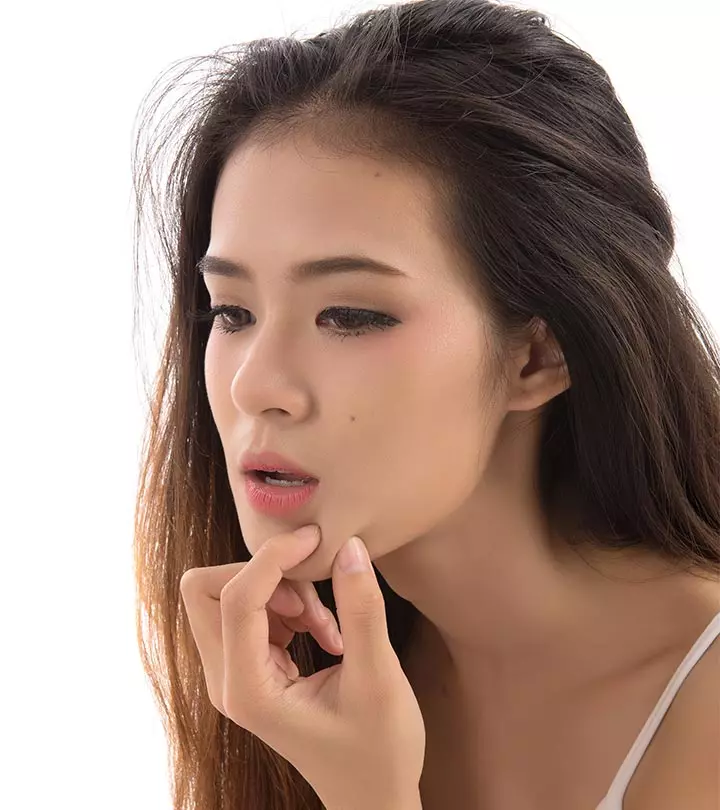
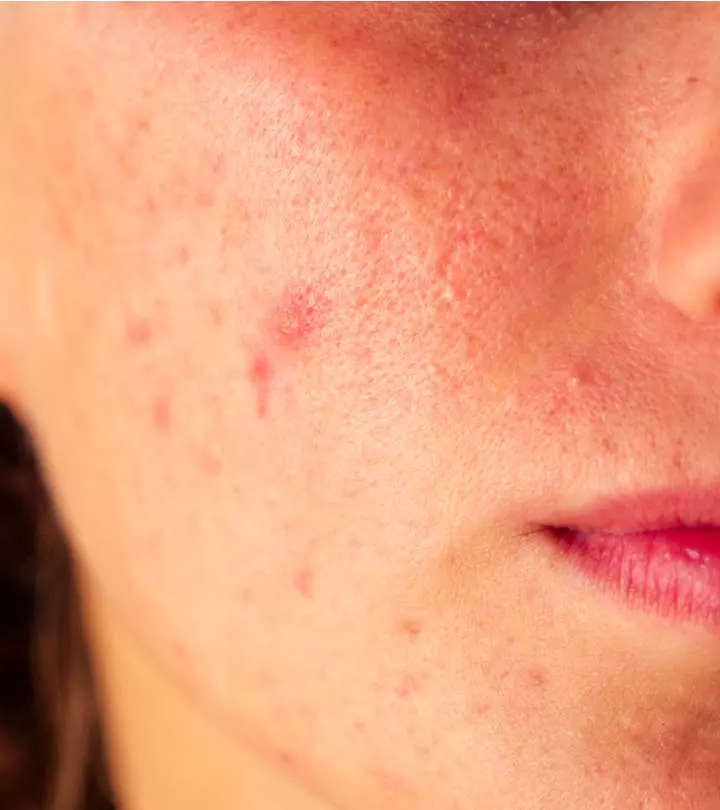
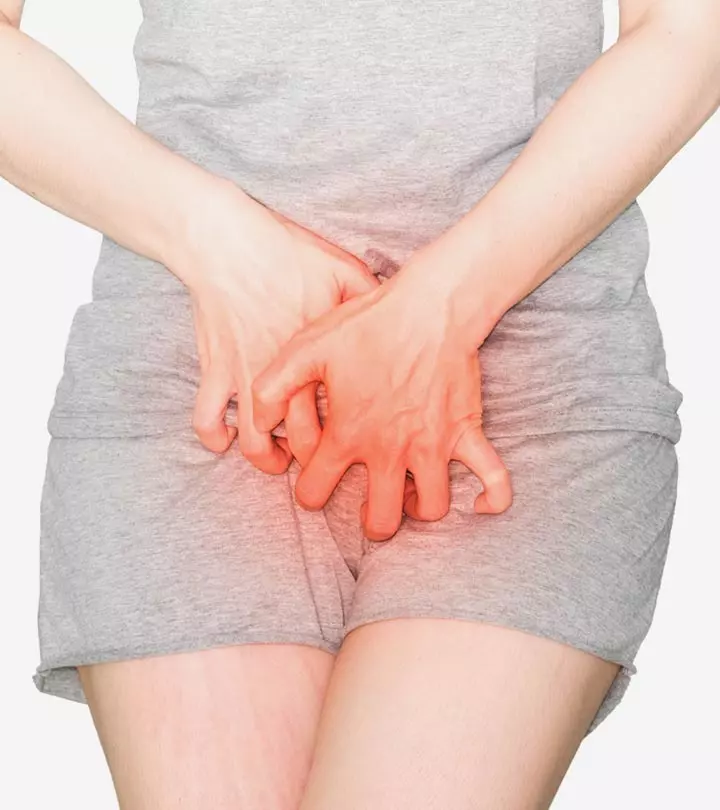
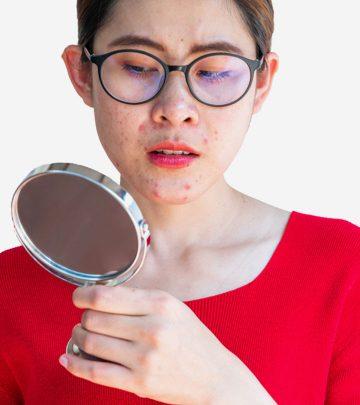
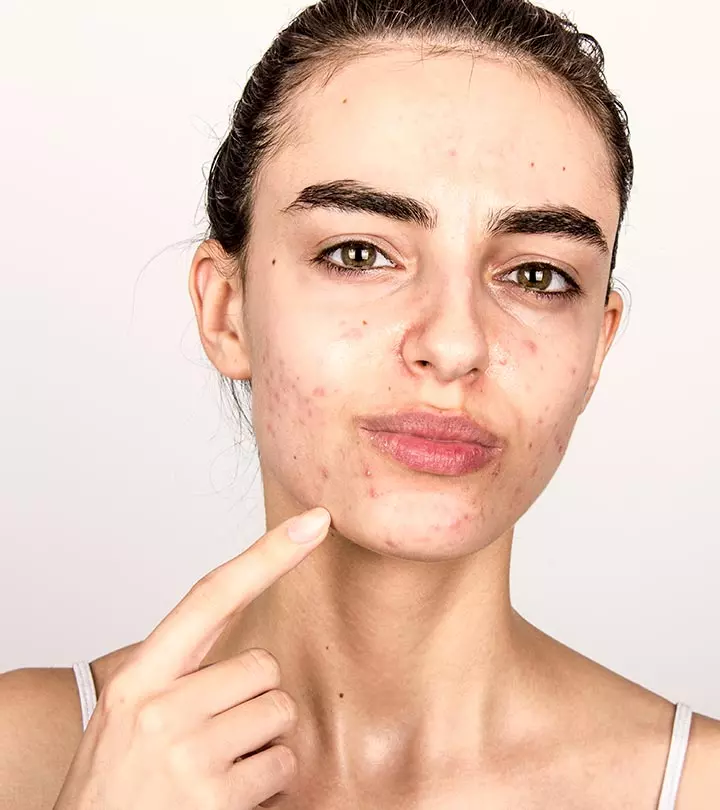
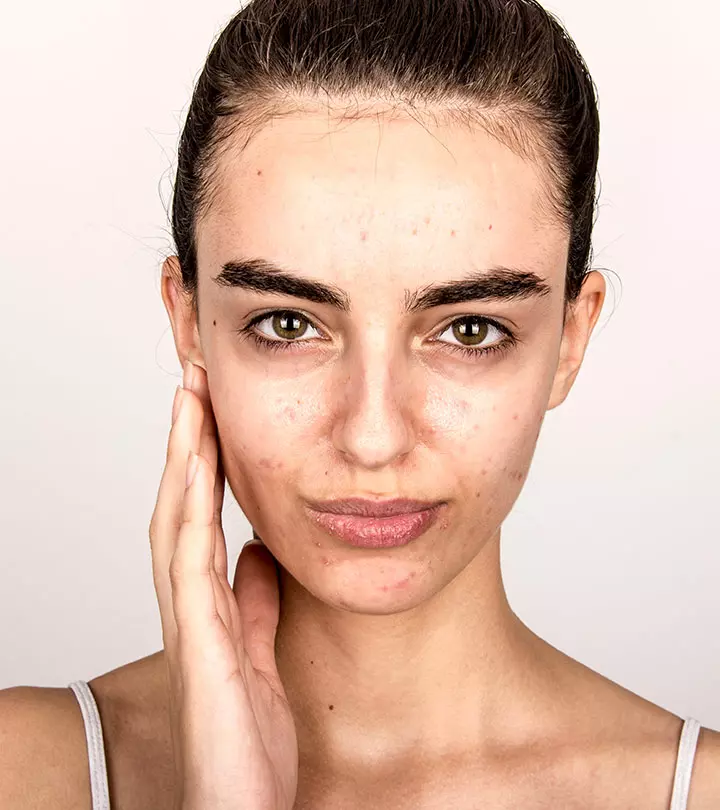
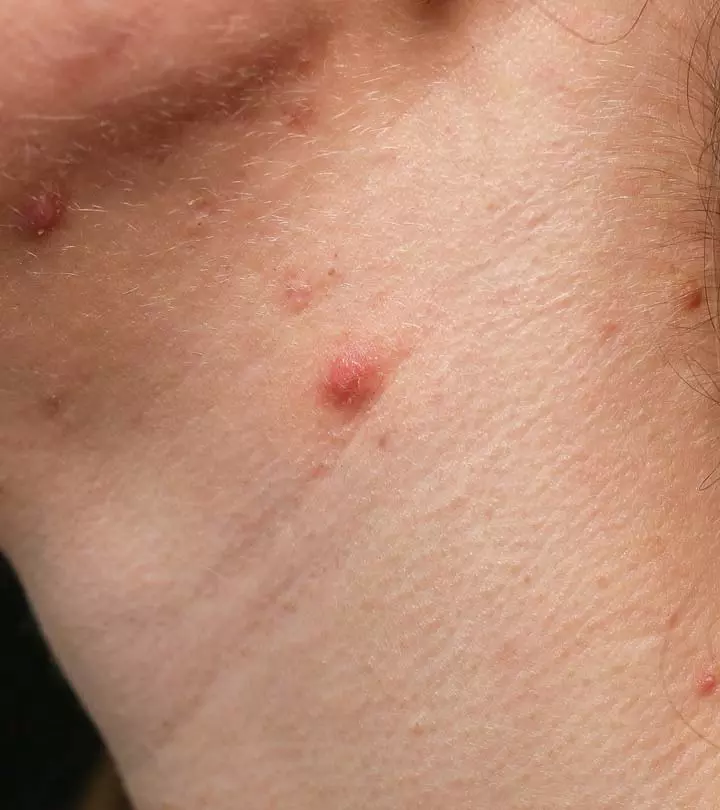
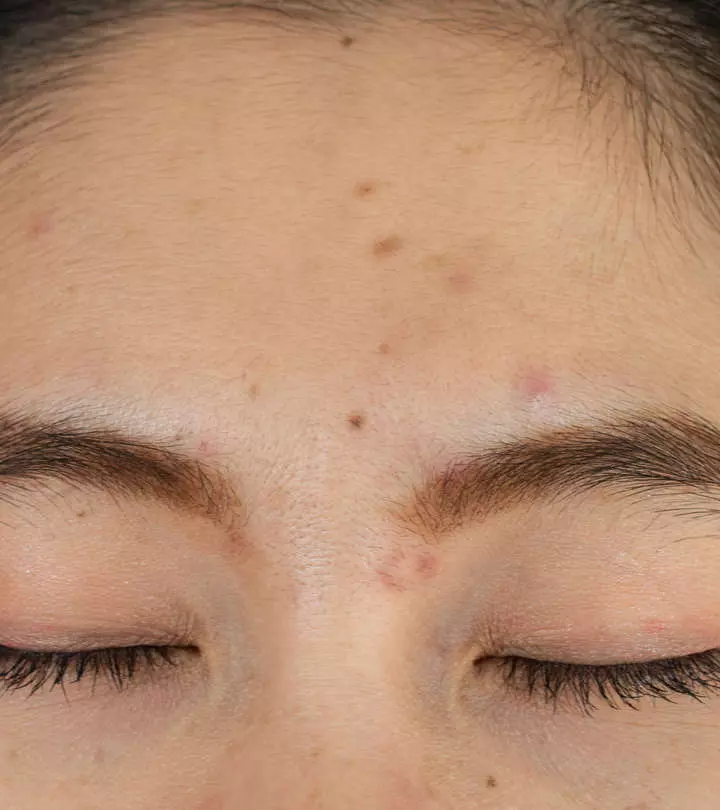
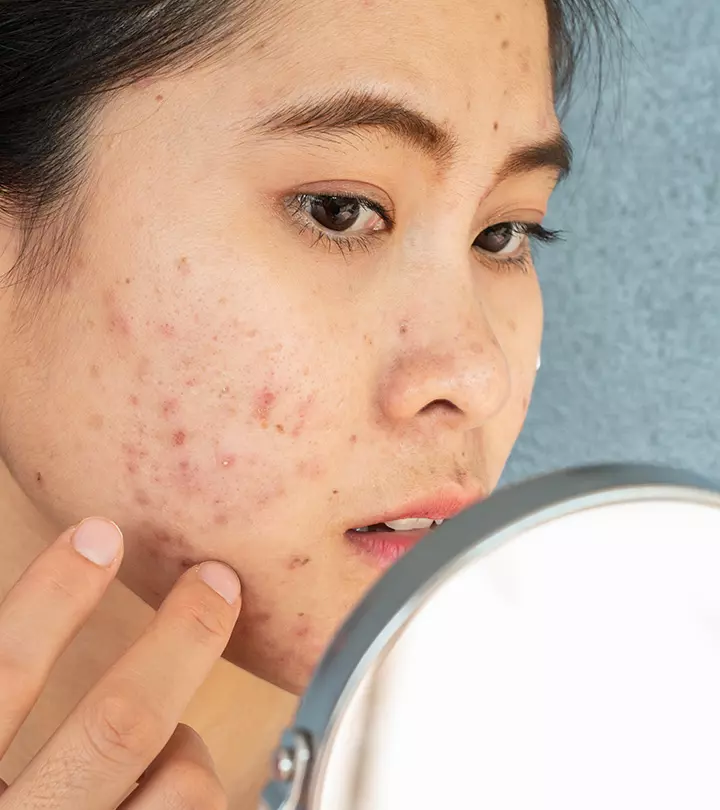
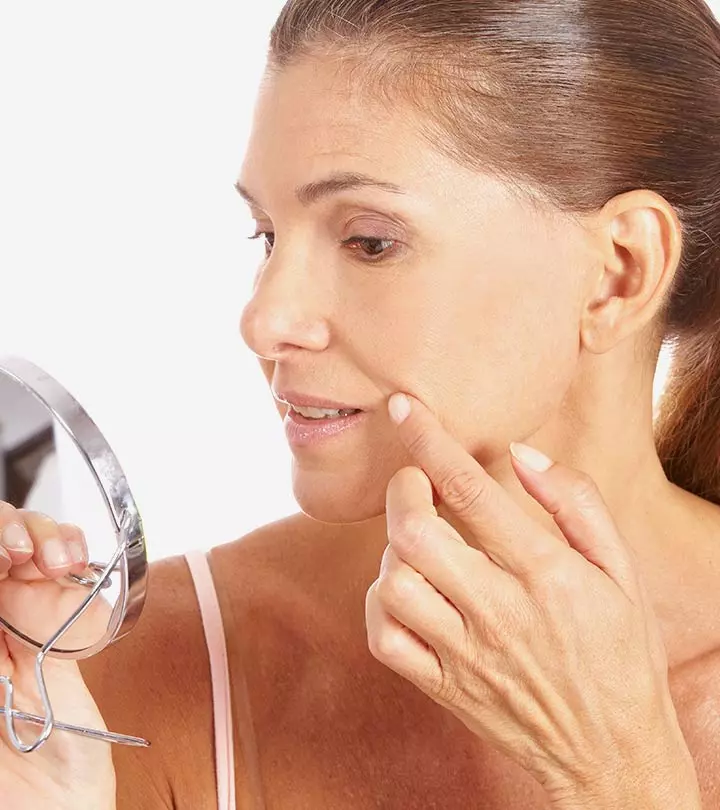
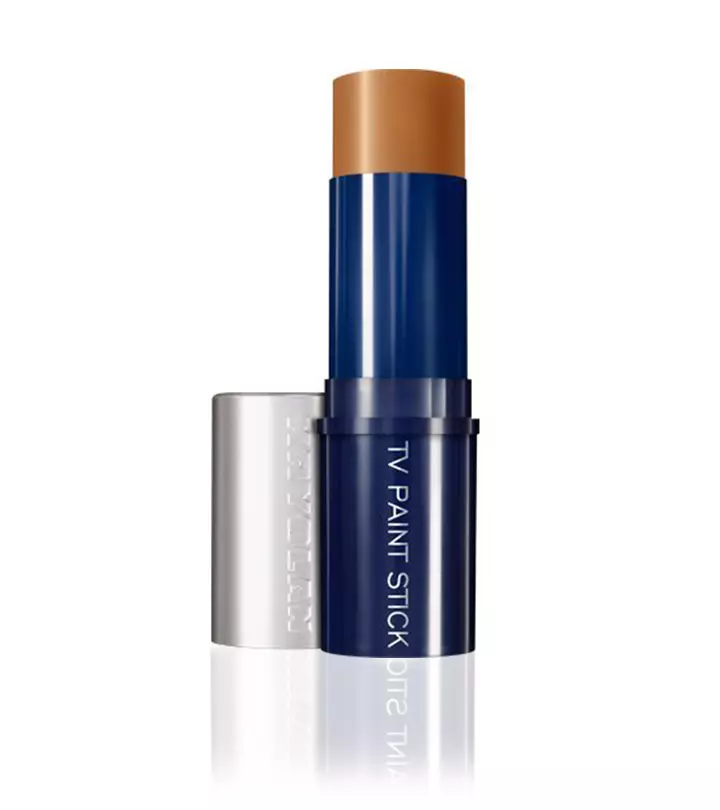

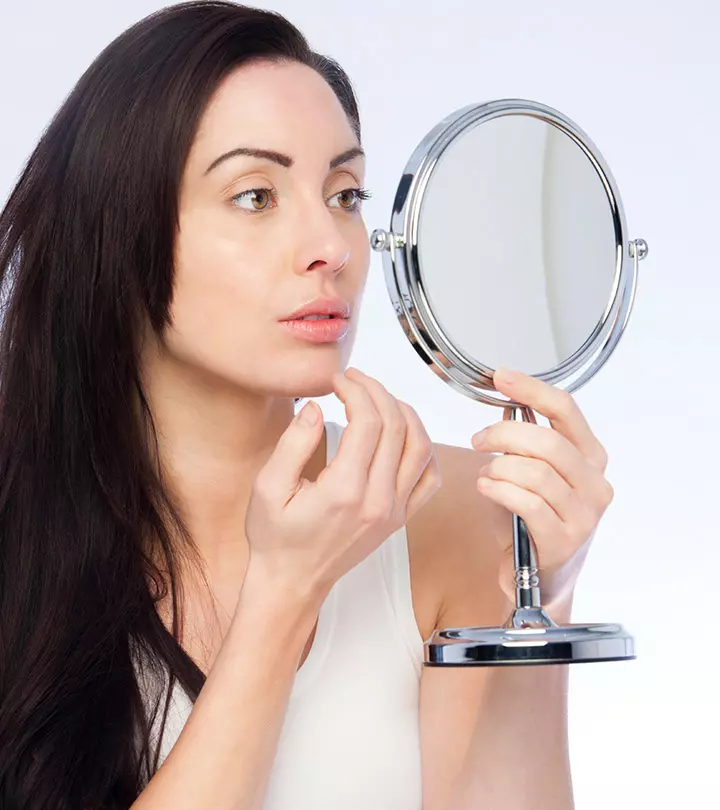

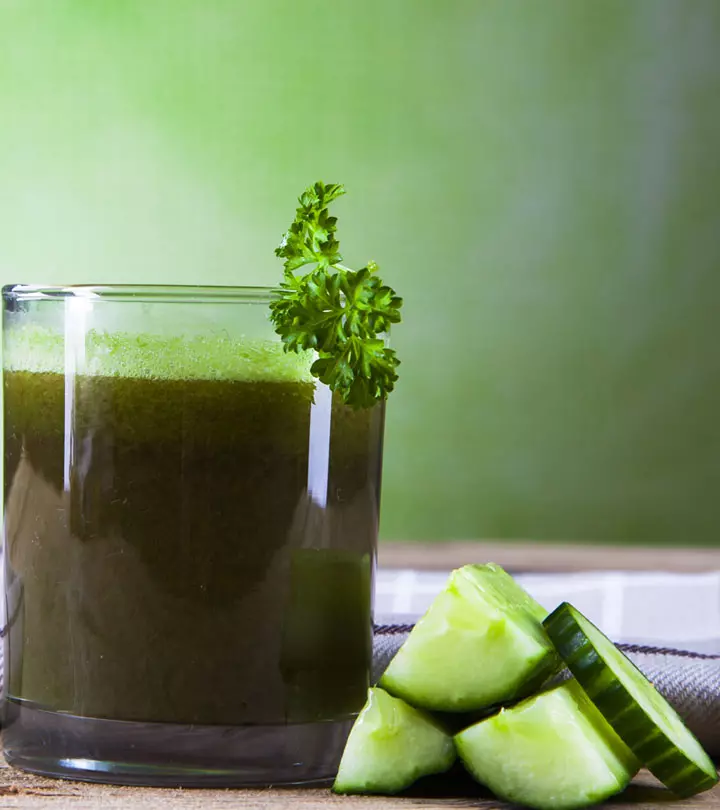
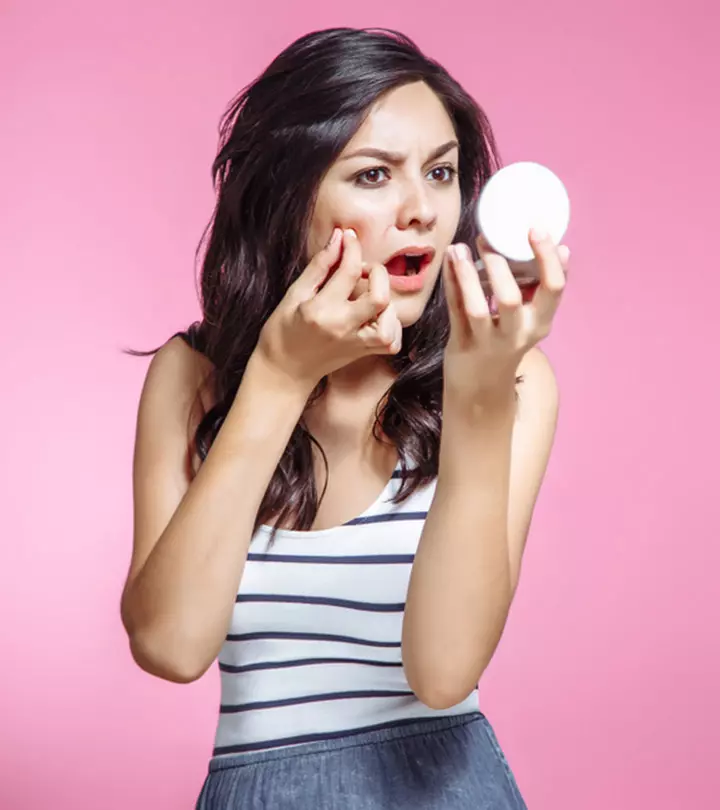
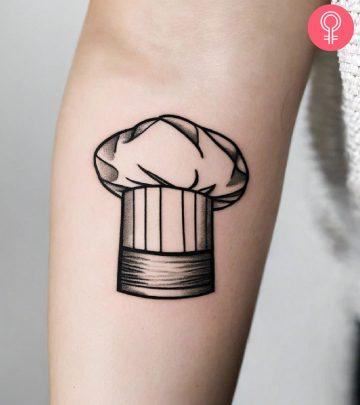
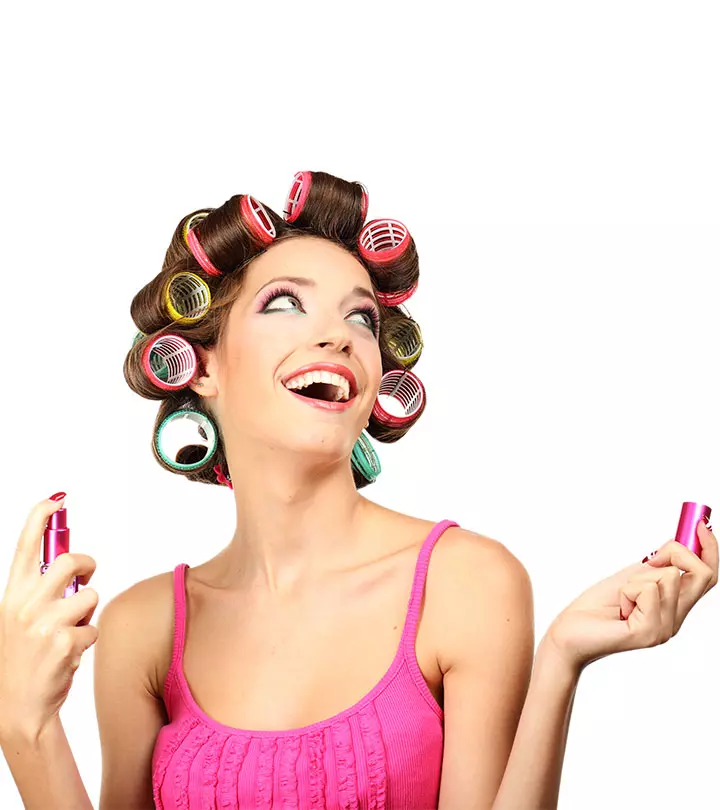
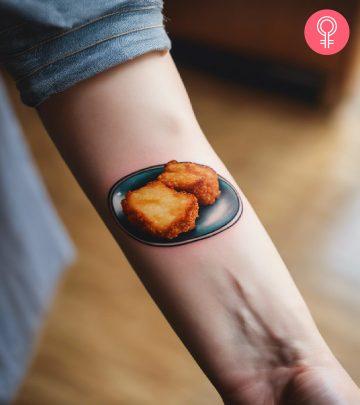
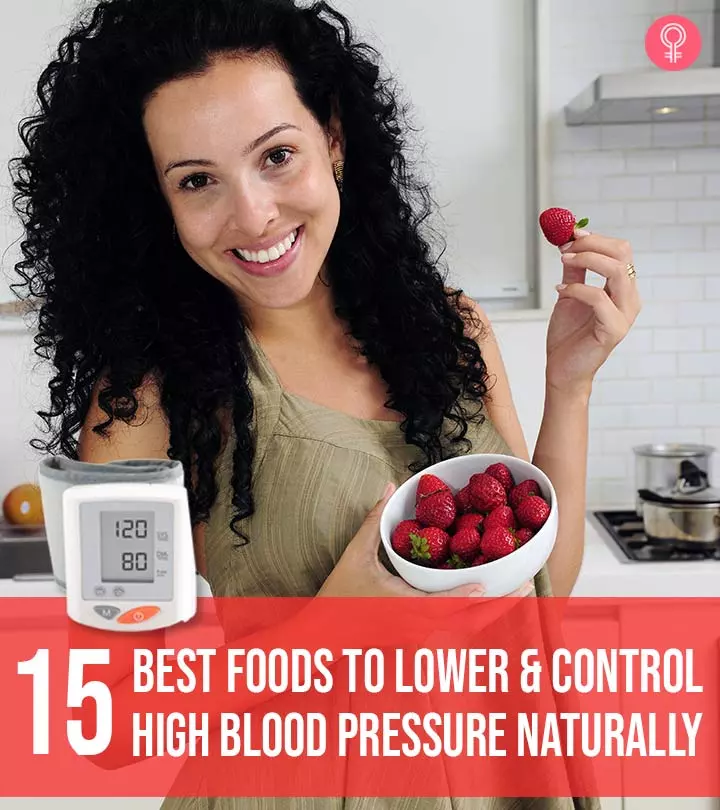
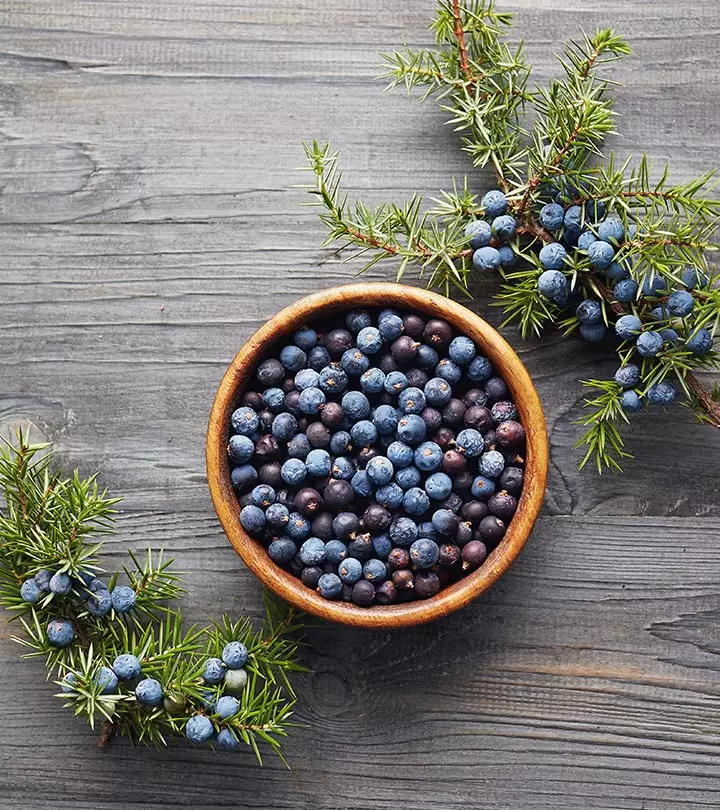
Community Experiences
Join the conversation and become a part of our empowering community! Share your stories, experiences, and insights to connect with other beauty, lifestyle, and health enthusiasts.